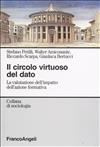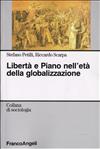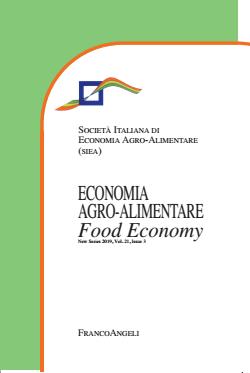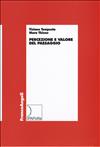
La valutazione dell'impatto dell'azione formativa
Il testo si pone l’obiettivo di indagare le possibili contaminazioni tra le procedure di analisi dei dati e quelle delle informazioni, per far sì che queste siano in grado di attuare una corretta valutazione dei bisogni. Tali aspetti sono messi in evidenza grazie a due specifici interventi: uno realizzato in una importante azienda di servizi, l’altro nel territorio della provincia di Roma.
cod. 1520.607




